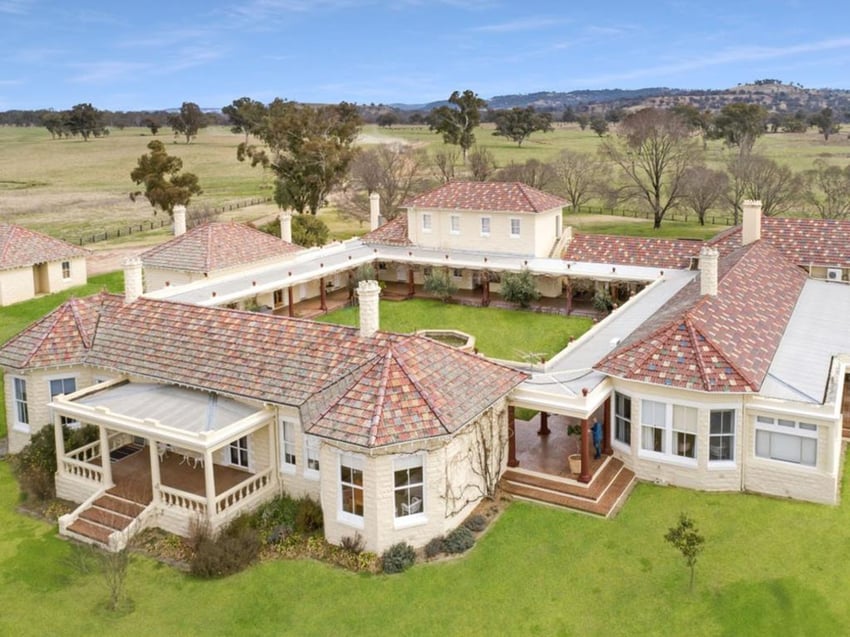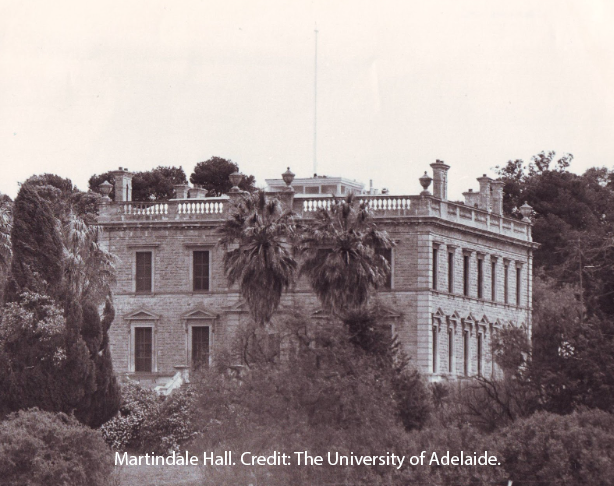
An Australian family with rural interests has purchased the historic Plumthorpe Aggregation in one of the biggest sales of the year.
The well known property in the Barraba district was due to go to auction but has been sold prior ‘as a whole’ on a ‘walk in walk out basis’. The sale includes three properties; Plumthorpe, Campo Santo and Mayvale, which represent more than 11,000 hectares as well as 6300 cattle together with plant and machinery.
Plumthorpe was settled in 1888 and along with Mayvale and Campo Santo has been held by some notable pastoral families including the Carter, Wilson, Burdekin, Capel, Vickery, Madden and McHugh families, and of course the current owners. Plumthorpe Aggregation has been held since 2008 by the family of the late Paul Ramsay.
Chris Meares from Meares & Associates and Charlie Hart from Hart Rural Agencies were appointed to sell the Plumthorpe Aggregation. Mr Hart said it was a win for the district. “In all my years as a practicing agent in the Barraba district there is no doubt that the adjoining properties of Plumthorpe, Campo Santo and Mayvale stand out as three of the outstanding rural livestock and farming holdings of Northern NSW,” he said.
“Originally both sheep and cattle properties, they have been better known in recent times for their herd of Angus cows, with calves either sold as weaners, grown out to backgrounding weights, or fattened for the various premium meat markets.
Other features include the 1520sqm, 10 bedroom, fully restored homestead (circa 1936), five sets of large cattle yards, two wool sheds, hay and machinery sheds and 350 tonnes of grain storage.
“The fact that we had 31 inspections including parties from QLD, Northern Territory, Victoria and NSW emphasizes the reputation of Plumthorpe as one of the leading livestock properties in northern NSW,” Mr Hart added.
While the selling agents would not disclose the selling price, early indications from the marketing agents suggested the property would achieve in excess of $3000 per acre, which means the aggregation made over $80 million. Plus the money paid for the livestock is believed to have pushed Plumthorpe’s final price to more than $100 million.
 Results
Results

